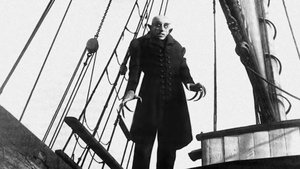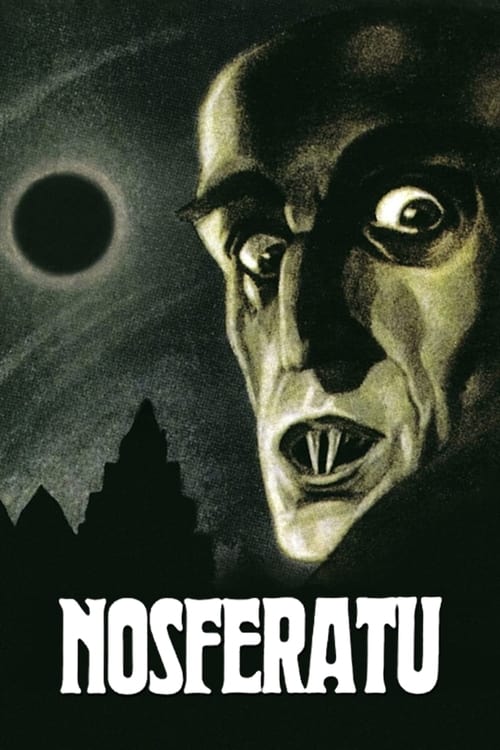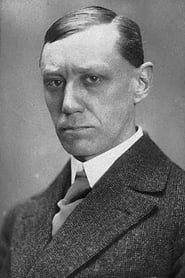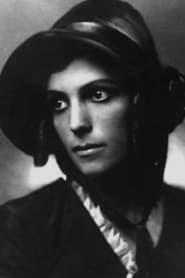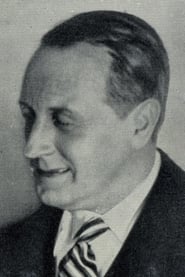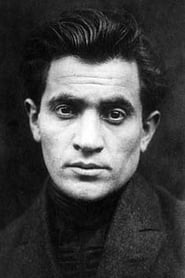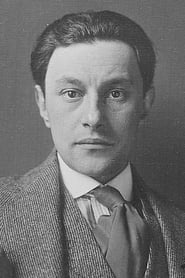Cast
View AllMax Schreck
as Count Orlok
Gustav von Wangenheim
as Hutter
Greta Schröder
as Ellen
Georg H. Schnell
as Harding
Ruth Landshoff
as Ruth
Gustav Botz
as Professor Sievers
Alexander Granach
as Knock
John Gottowt
as Professor Bulwer
Max Nemetz
as A Ship Captain
Wolfgang Heinz
as Sailor 1
Albert Venohr
as Sailor 2
Eric van Viele
as Sailor (uncredited)
Karl Etlinger
as Sailor / Inspector at the Quay (uncredited)
Guido Herzfeld
as Host (uncredited)
Hans Lanser-Rudolf
as Magistrate (uncredited)
Crew
Director
- F. W. Murnau
Producer
- Albin Grau
- Enrico Dieckmann
Reviews
Gimly
Did I kill one of your people, Murnau? I can't remember.
_Final rating:★★★½ - I really liked it. Would strongly recommend you give it your time._
Oct 27, 2017
CinemaSerf
If you were ever to be able to commit your imagination to film when you read Bram Stoker's "Dracula" then I expect you would struggle to come up with anything more vivid than this. What is most striking is the wonderful detail as poor old estate agent "Hutter" is despatched to the home of "Count Orlok" (Max Schreck) to negotiate the acquisition of an isolated house for him. Once he arrives at the castle, we are subsumed in the eeriness and wickedness as it becomes clear that "Orlok" is an epitome of evil. Our story follows the travels of the "Count" from his castle to his new home - wreaking plague and havoc as he goes - until he arrives in the town inhabited by "Ellen" (a superbly vulnerable yet strong Greta Schröder) - the wife of the estate agent who is hot on their heals. "Ellen" has an inkling as to how to kill their nemesis, but that would involve the ultimate sacrifice. Now I have a few slight niggles with it - the inter-titles in a gothic script are, frequently, very difficult to read and that does interrupt the narrative; the editing is just a little too brutal at times and I found the score oppressive - even on the more joyous, or optimistic, scenes it seemed just a bit too overpowering than is necessary, but these are trifles when compared to the beautiful photography. Schreck is magnificent in the title role, exuding menace and malevolence, Gustav von Wangenheim ("Hutter") conveys the sense of desperation and terror in a truly evocative manner and it all adds up to a taut horror film the likes of which you'll never see in any subsequent treatment of this story.
Jun 6, 2022
Thematic Analysis
This Horror/Fantasy film explores themes of fear and survival, delving into the psychological aspects of human nature when confronted with the unknown. Nosferatu presents a unique perspective on the horror genre by focusing on the psychological terror rather than relying on typical jump scares.
Director F. W. Murnau brings their distinctive visual style to this film, continuing their exploration of themes seen in their previous works while adding new elements. Their approach to pacing and visual storytelling creates a viewing experience that rewards close attention.
Released in 1922, the film exists within a cultural context that now offers viewers historical perspective on the social issues of that era. Its critical acclaim reflects its artistic achievements and its place in cinema history.
Did You Know?
- The production of Nosferatu took approximately 21 months from pre-production to final cut.
- The final cut of the film runs for 95 minutes, though the director's initial assembly was reportedly 145 minutes long.
- The film contains approximately 1645 individual shots.
- The cast underwent specialized training for 2 weeks before filming began.
- The costume department created over 201 unique costume pieces for the production.
Historical Context
- In 1922, when this film was released:
- Television was becoming a dominant form of home entertainment.
- Rock and roll music was revolutionizing popular culture.
- The film industry was dominated by major studios, with independent cinema still in its early development.
How This Film Stands Out
While Nosferatu shares thematic elements with other films in its genre, it distinguishes itself through its unique approach to storytelling, visual style, and character development.
Unlike Harry Potter and the Order of the Phoenix, which focuses more on action than character development, Nosferatu subverts genre expectations by exploring its themes with greater nuance.
While films like From Dusk Till Dawn and Evil Dead II explore similar territory, Nosferatu stands apart through its distinctive directorial vision and pacing.
This film's unique contribution to cinema lies in its bold artistic choices and willingness to challenge viewer expectations, making it a valuable addition to its genre.
Details
- Release Date: February 16, 1922
- Runtime: 1h 35m
- Revenue: $19,054
Where to Watch















